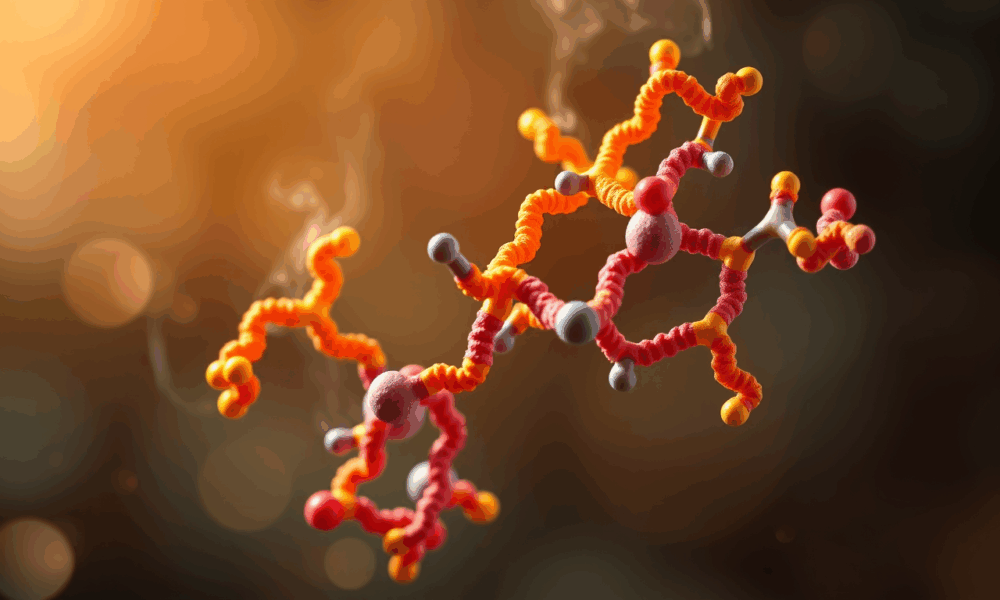
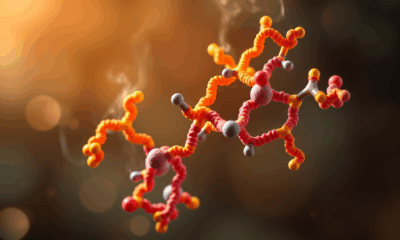

Most people have witnessed -- or rather smelled -- when a protein enzyme called sulfite reductase works its magic. This enzyme catalyzes the chemical reduction of...
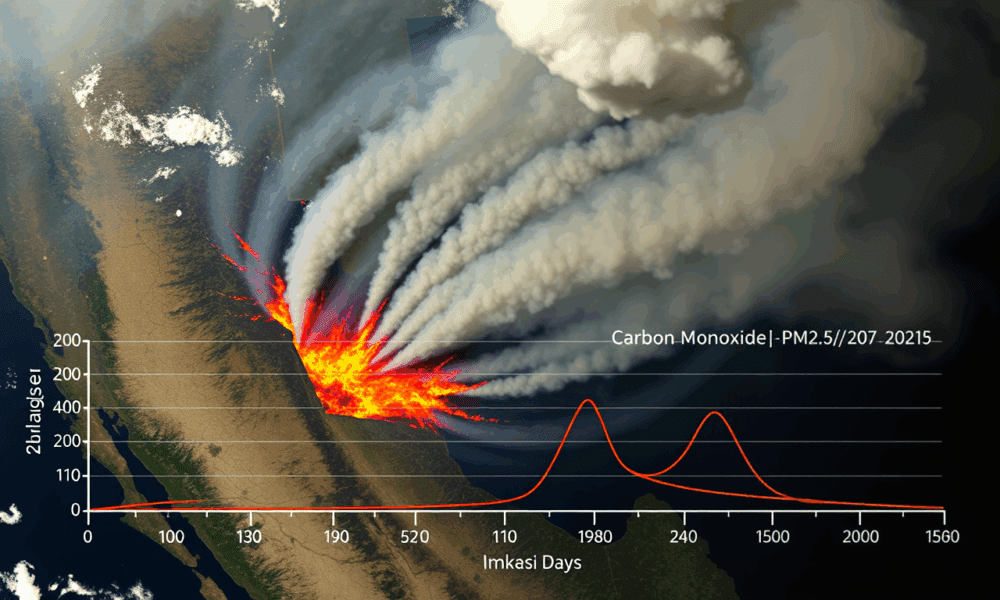
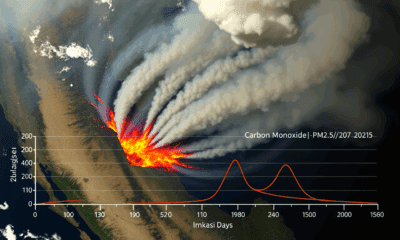

With wildfires increasing in frequency, severity, and size in the Western U.S., researchers are determined to better understand how smoke impacts air quality, public health, and...



A pioneering method to simulate how microscopic particles move through the air could boost efforts to combat air pollution, a study suggests.



If you've ever sat waiting at the doctor's office to give a blood sample, you might have wished there was a way to find the same...
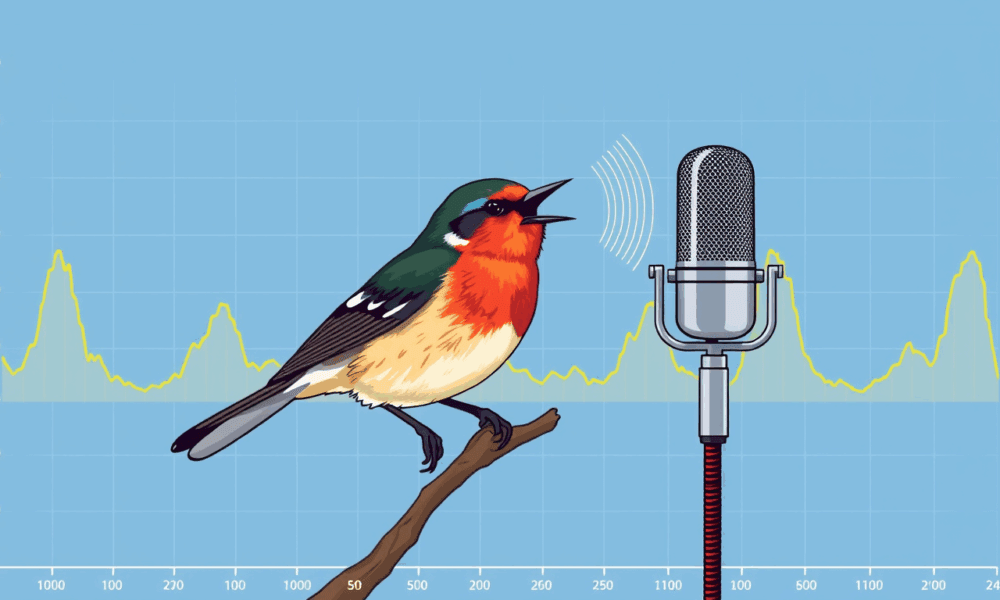
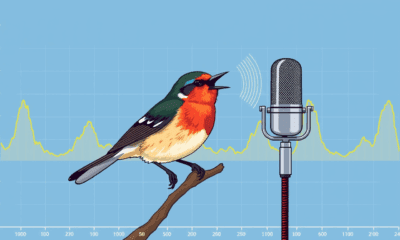

Biologists recently announced that they have released the first broad scale, comparative, fine-grained analysis linking the amplitude, or volume, of a birds' song to its vocal...



Researchers look to extremes in the past to study how the system reacts to imbalances. They detail an overlooked mechanism for how the ocean can help...



In 2022 a team discovered that high levels of OH radicals can be generated indoors, simply due to the presence of people and ozone. This means:...
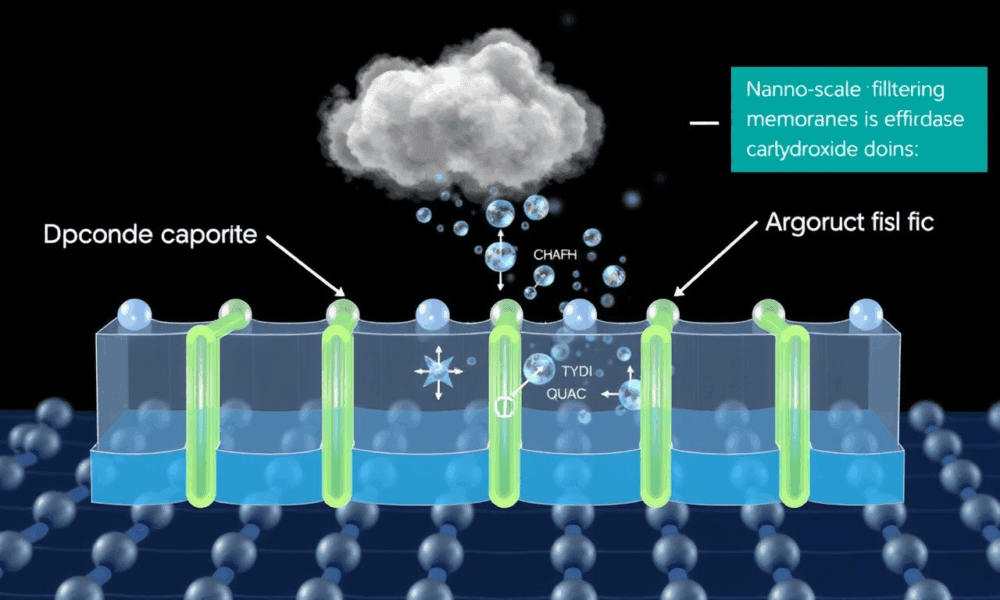
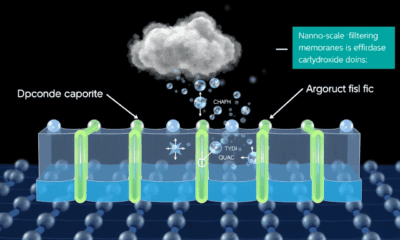

New research could improve the efficiency of electrochemical carbon-dioxide capture and release by six times and cut costs by at least 20 percent. Researchers added nanoscale...
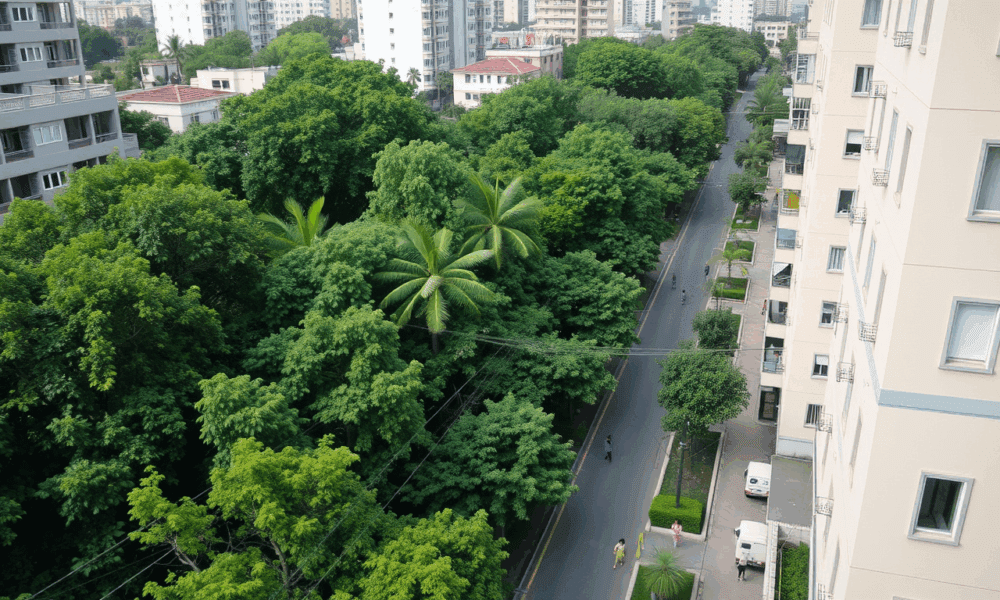


The combination of air pollution, dense urban development and limited green spaces increases the risk of asthma in both children and adults.
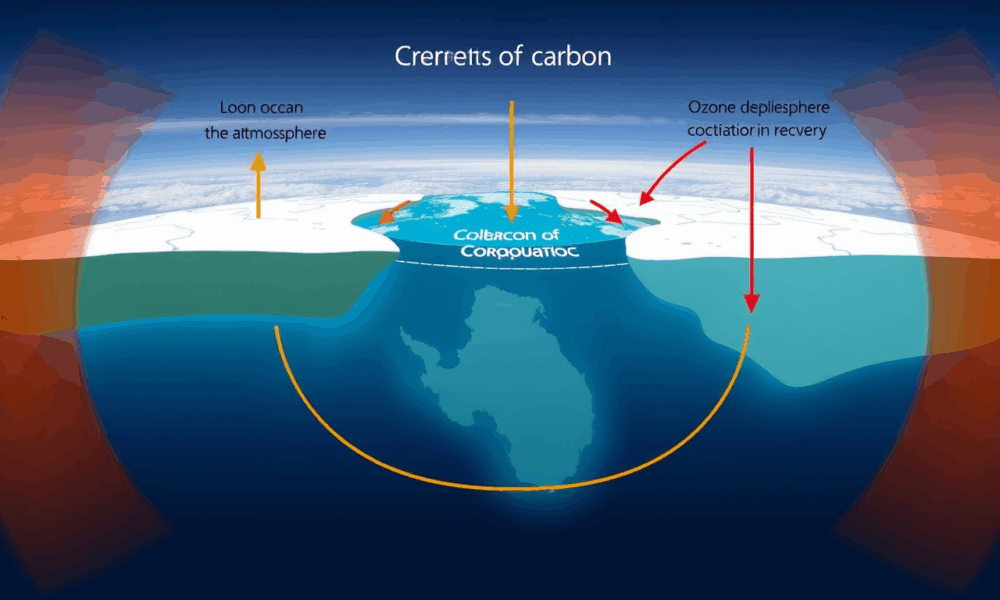
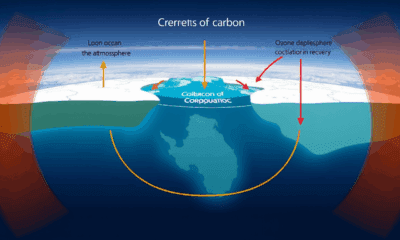

New research suggests that the negative effects of the ozone hole on the carbon uptake of the Southern Ocean are reversible, but only if greenhouse gas...